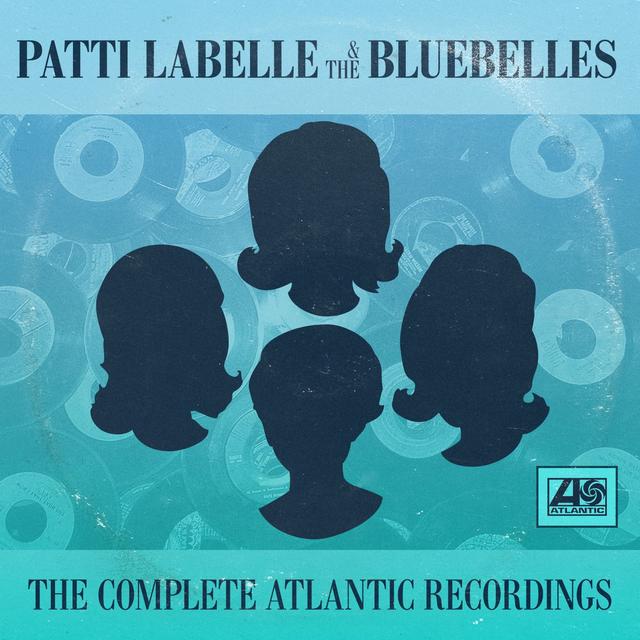Deep Dive: Patti Labelle and the Bluebelles, THE COMPLETE ATLANTIC SIDES PLUS

It’s National Women’s History Month, and if you’ve been checking out Rhino.com since March began, then you know that we’re making a concerted effort to utilize a number of our regular features as opportunities to spotlight female artists. Today, we’re doing a Deep Dive into the early career of a female vocalist who – although she would eventually break out on her own – started her soon-to-be-super-successful career fronting a girl group.
When she was 15, Patricia Holt – soon to be Labelle, but not yet – won a high school talent contest, and her success inspired her to start her own singing group. Called the Ordettes, the four-piece found fame on a local level, but they only lasted about a year before their lineup was down to only two: Patti and Sundray Tucker. Before long, their manager teamed them with Nona Hendryx and Sarah Dash to keep the Ordettes going, and when Tucker was forced to leave by her parents, she was replaced by Mary Birdsong.
Are you getting the idea that Patti was in good musical company even early in her career?
You’re right, she was. But let’s fast forward a little bit, to when Harold Robinson, the president of Newtown Records, signed the group, changing Patti’s last name to Labelle and changing the Ordettes’ name to The Bluebelles. The group scored a few hits with “You’ll Never Walk Alone” and “Danny Boy” while signed to Newtown, but in 1965, after opening for the Rolling Stones on their American tour, they were signed to Atlantic Records, which led to the release of their single “All or Nothing” as well as the opportunity to sing backup on Wilson Pickett’s “634-5789 (Soulsville, U.S.A.).”
Patti and the Bluebelles released two albums on Atlantic – 1966’s OVER THE RAINBOW and 1967’s DREAMER – but after releasing a few more singles, they were dropped by the label in 1970. But don’t cry for Patti: she and the group ended up getting resigned to the label the following year, this time simply calling themselves Labelle...and you know the rest of the story from there, or if you don’t, you really should dig into it a bit, because she released some great music during the Labelle era.
That said, if you’ve never had a chance to check out the Bluebelles’ stuff, you’ve got some fun listening ahead of you!
For more information, click the buttons below: